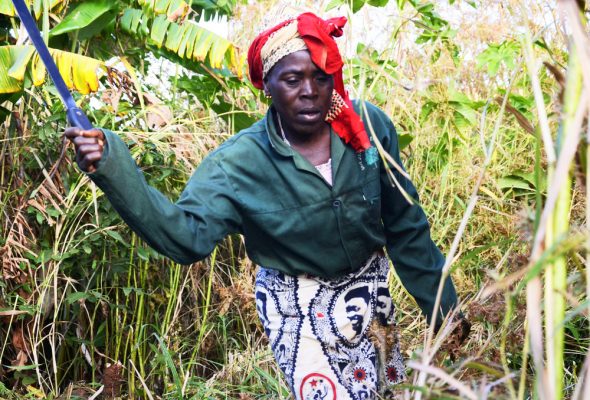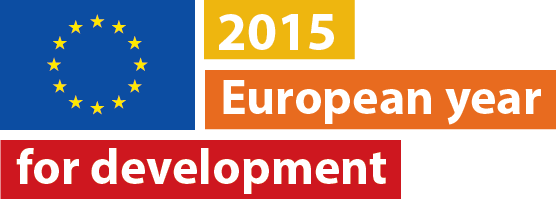The European Parliament takes up the issue of the EU’s obligations related to land grabbing by EU actors.
The study Land Grabbing and Human Rights: The Involvement of European Corporate and Financial Entities in Land Grabbing outside the European Union, was presented yesterday at the EP Subcommittee on Human Rights (DROI). What can be drawn from the discussion is that the EU and its Member States have the obligation to implement a set of policy regulations to protect and advance human rights beyond borders.
Intricacies behind the business web and land grabbing
Available data show that the involvement of EU-based companies and financial actors in land grabbing is significant in scale and reach. “EU actors, private and public, are involved in land grabs through different mechanisms and at different points in increasingly complex investment webs. The multi-layered and complex processes of land grabs make accountability for human rights violations and abuses of local people difficult”, says Philip Seufert, Land and Natural Resources’ Coordinator at FIAN International and co-lead author of the study.
Impairment of human rights occurs in a variety of political and economic settings, besides the stereotypical scenario where land deals violently expel rural villagers from their land. Therefore, it is necessary to take into account the process of land deals, their immediate outcomes as well as their long-term implications
Need for EU response
The EU has responded to land grabbing through a variety of policies and initiatives, but these have been insufficient so far to meet its obligations in protecting human rights beyond borders. Drawing from the study’s conclusions, Philip Seufert pointed to a set of actions the EU needs to carry out in order to address land grabbing and pro-actively contribute to the universal realization of human rights.
Recognizing the weakness of the EU’s compliance with its extraterritorial human rights obligations so far, the Chair of DROI, Pier Antonio Panzeri, committed to taking forward the discussion on how to address land grabbing within the Subcommittee. Notably, Panzeri emphasized the need for human rights impact assessments to ensure compliance of EU policies and actions with its obligations. DROI’s Chair also pointed to the possibility of an EU registry of all EU actors involved in land deals abroad, as well as the potential establishment of an EU-wide independent complaint mechanism for those affected by abuses and violations that are triggered by EU policies and actions.
For more information, please contact seufert[at]fian.org and backes[at]fian-europe.org
NOTES TO EDITORS
- Commissioned by the Subcommittee on Human Rights of the European Parliament, and published in May 2016, the publication was written by the International Institute of Social Studies (ISS) and FIAN International. It is available here.
- Access a short version of the study here.
Photo: Niassa woman working in tree plantation in Mozambique














 This campaign is financially supported by the European Commission. The views expressed herein are not of the EC.
This campaign is financially supported by the European Commission. The views expressed herein are not of the EC.